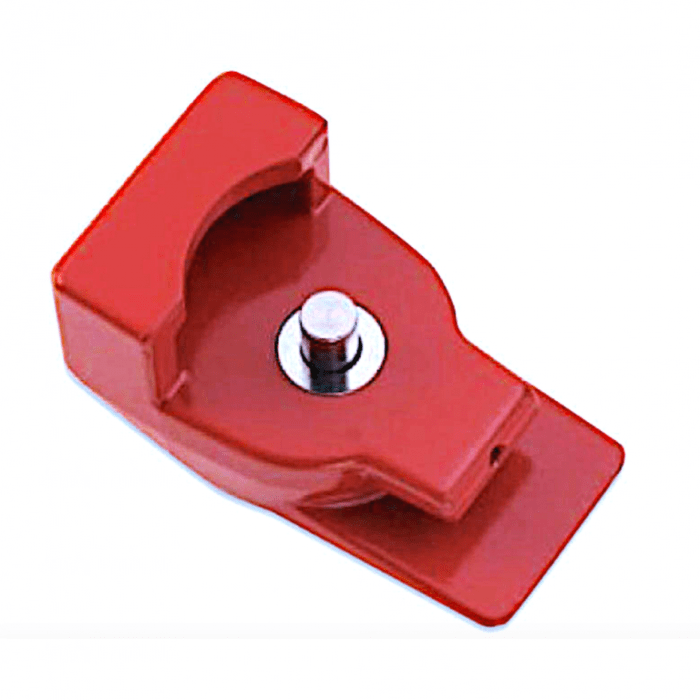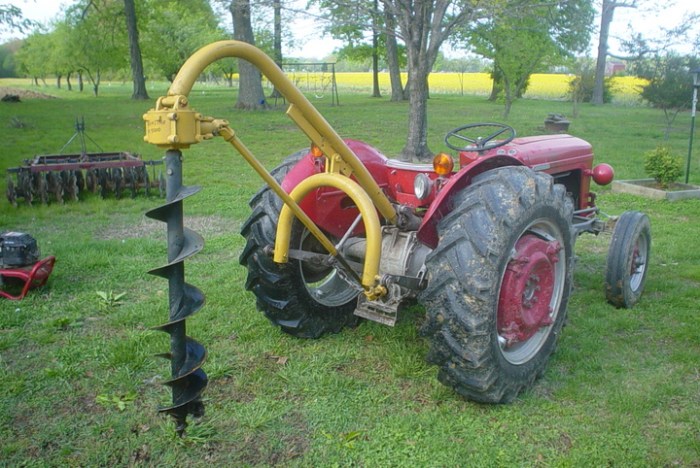Why should you lock the tractor glad hands? This critical question underscores the paramount importance of ensuring proper locking mechanisms for glad hands on tractors, a practice that safeguards against potential hazards, accidents, and costly consequences.
Unlocked glad hands pose significant risks, including air leaks that compromise brake functionality, increasing the likelihood of catastrophic events. Conversely, locking glad hands prevents these dangerous scenarios, ensuring optimal braking performance and averting potentially life-threatening situations.
Introduction to Locking Tractor Glad Hands

Locking glad hands on tractors is paramount for safety and regulatory compliance. Statistics indicate that unlocked glad hands contribute to a significant number of accidents and equipment damage.
Safety Benefits of Locking Glad Hands

Unlocked glad hands can lead to air leaks, impairing brake functionality and posing a severe safety hazard. Locking glad hands ensures proper air pressure and prevents disconnections, mitigating the risk of accidents and potential injuries.
Best Practices for Locking Glad Hands, Why should you lock the tractor glad hands
Locking glad hands correctly involves the following steps:
- Align and connect the glad hands.
- Secure the locking pins by pushing them fully into place.
- Verify the visual indicator or listen for an audible click to confirm proper locking.
Consequences of Not Locking Glad Hands
Neglecting to lock glad hands can result in:
- Loss of air pressure, leading to brake failure.
- Sudden disconnections, causing uncontrolled trailer movement.
- Equipment damage, property loss, or injuries.
Regulations and Standards for Locking Glad Hands

Industry regulations, such as DOT’s Federal Motor Carrier Safety Regulations (FMCSR), mandate the use of locking glad hands on tractors. Non-compliance can lead to penalties and fines.
Training and Education on Locking Glad Hands

Proper training is crucial for operators and maintenance personnel. Training programs should emphasize the dangers of unlocked glad hands and provide hands-on instruction on locking procedures.
Technology and Innovations for Glad Hand Locking
Advancements in technology have introduced automatic locking mechanisms and sensors that assist in ensuring proper glad hand connection. These innovations enhance safety and reduce the risk of human error.
FAQs: Why Should You Lock The Tractor Glad Hands
Why is it important to lock glad hands on tractors?
Locking glad hands prevents air leaks, ensuring proper brake functionality and averting potentially life-threatening situations.
What are the potential consequences of not locking glad hands?
Unlocked glad hands can lead to air leaks, brake malfunctions, accidents, equipment damage, and financial losses.
Are there industry regulations or standards that require locking glad hands on tractors?
Yes, industry regulations and standards mandate the locking of glad hands on tractors to ensure safety and compliance.
What are some best practices for locking glad hands?
Best practices include visual inspections, audible cues, proper training, and regular maintenance to prevent leaks or malfunctions.